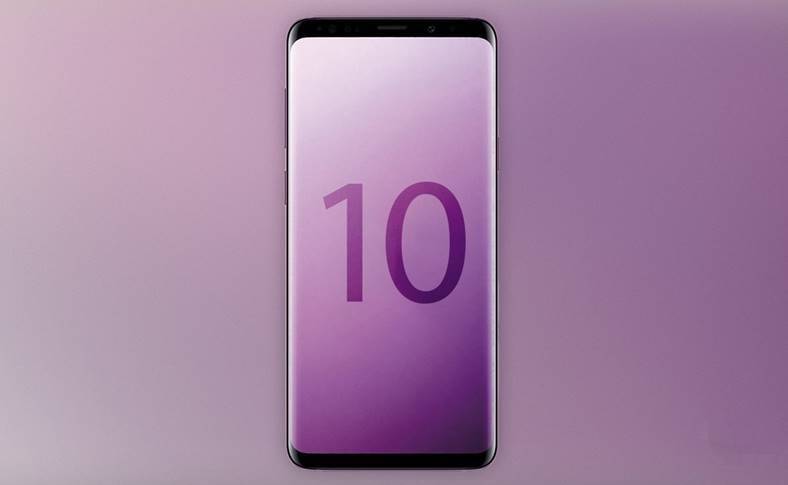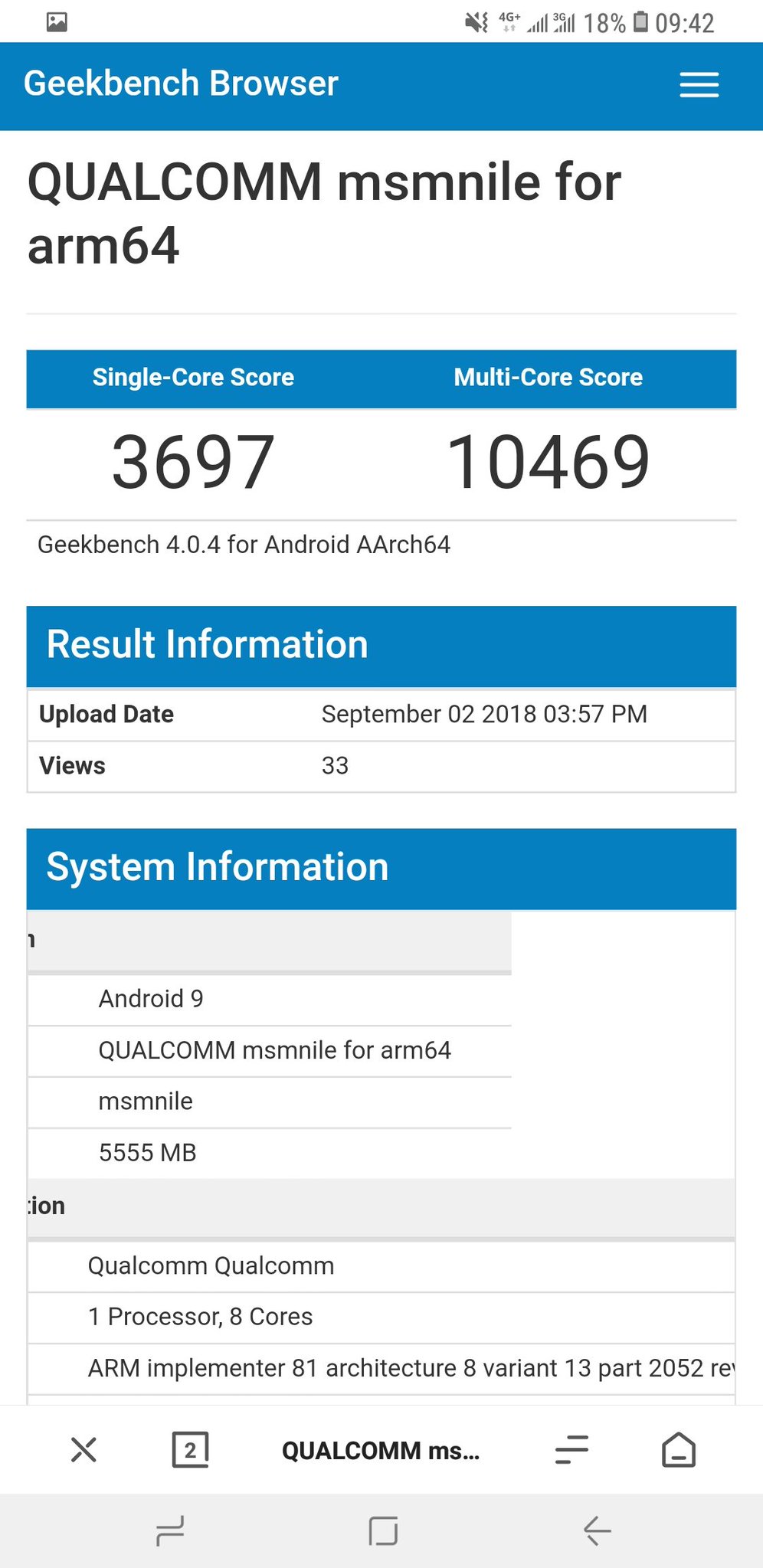Samsung GALAXY S10 are prezentata astazi pentru prima oara o dovada a faptului ca urmeaza sa fie inferior iPhone XS intr-un segment unde conteaza extrem de mult cat de bun este viitorul telefon. Astazi vedem un prim test de performante pentru noul chip Qualcomm Snapdragon 855, care va include procesorul Samsung GALAXY S10, iar rezultatul sau este inferior celui pe care il va oferi iPhone XS, fiind egal cu performantele iPhone X.
Samsung GALAXY S10 nu este telefonul pe care a fost facut acest test de performante, insa din moment ce atat pot componentle din noul chip Qualcomm Snapdragon 855, rezultatele obtinute de catre viitorul telefon Samsung vor fi extrem de apropiate. Din moment ce iPhone X are acum scroruri de peste 10.000 de puncte in Geekbench, este foarte clar faptul ca Samsung GALAXY S10 va avea performante inferioare celor oferite de catre iPhone XS.
Samsung GALAXY S10: EXCLUSIV, de ce va fi INFERIOR iPhone XS
Samsung GALAXY S10 va avea si un nou chip Exynos 9820 implementat de catre cei de la Samsung, insa performantele acestuia vor fi extrem de apropiate de cele pe care le ofera chip-ul Snapdragon 855. Pentru iPhone XS se zvonesc scoruri de 12.000 de puncte, deci cu peste 10% mai mari decat cele ale Samsung GALAXY S10, insa diferenta ar putea fi si mai mare decat atat, in functie de ceea ce poate oferi compania Apple pentru seria iPhone XS, sporul putand fi de 20% peste iPhone X.
Samsung GALAXY S10 va fi totusi cu mult mai puternic decat Samsung GALAXY S9, daca existau persoane care se gandeau ca asta nu se va intampla, insa teoretic ar trebui sa fie sub seria iPhone XS, sau chiar iPhone 8S, a celor de la Apple. Desi Samsung GALAXY S10 va fi lansat in martie 2019, chip-ul Snapdragon 855 va intra in productie spre sfarsitul anului, iar performantele asle nu vor creste cu mai mult de 5% fata de ceea ce vedem in acest moment.























